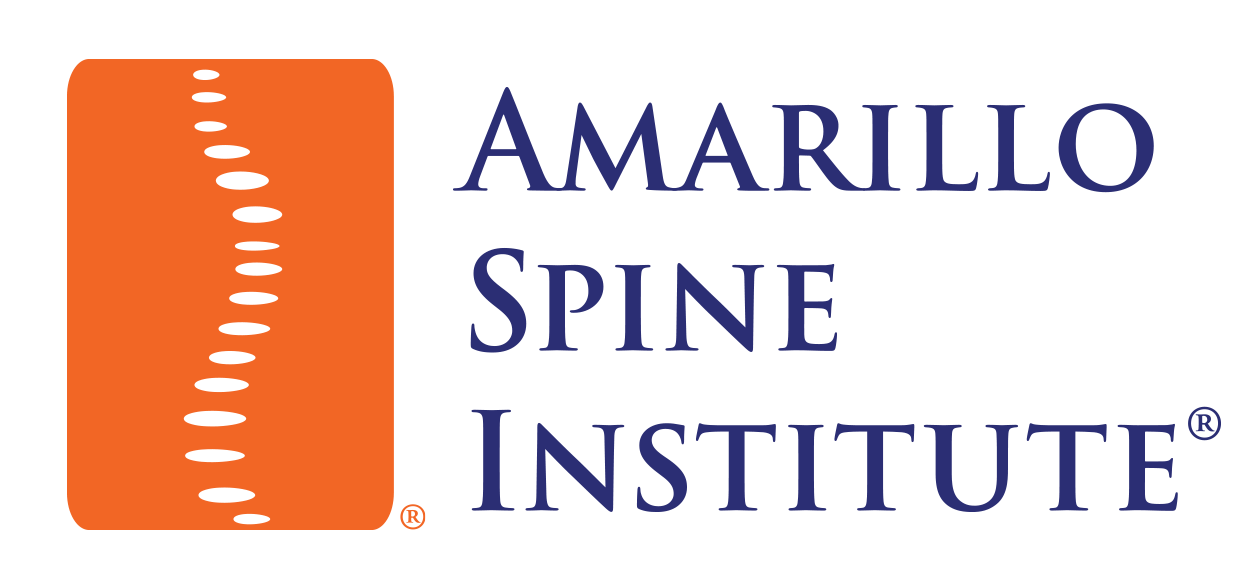Nerve Conduction Studies
EMG and Nerve Conduction Studies (NCS) measure and record electrical activity from specific muscles and nerves. They are most often used to assess symptoms of pain, numbness, tingling, or weakness. These tests take less than one hour.
Nerve Conduction Velocity (NCV) is a common measurement made during a NCS. This test is used to evaluate electrical conduction of the motor and sensory nerves. Symptoms that might prompt this study include numbness, tingling, and/or burning sensations.
A nerve conduction study is usually done first. It involves the use of a series of small electrical shocks to nerves in specific areas of your arms or legs. Although usually not painful, you may experience a brief tingling sensation or muscle jerking during the tests.
Electromyogram
Electromyography (EMG) is a technique for evaluating and recording the activation signal of muscles. EMG screening is used as a diagnostic tool for identifying the cause of pain, numbness, tingling or weakness in the muscles or nerves.
The EMG part of the test involves the insertion of a very small needle into different muscles. You may experience a slight amount of discomfort as the needle is inserted, but they generally are not painful. You will then be asked to relax and move certain muscles.
The results of the test are sent to your ordering physician. The test provides valuable information to your physician, aiding in the diagnosis and treatment of your condition. There are no lasting effects from the test. Your symptoms do not have to be present for the test to be accurate.


